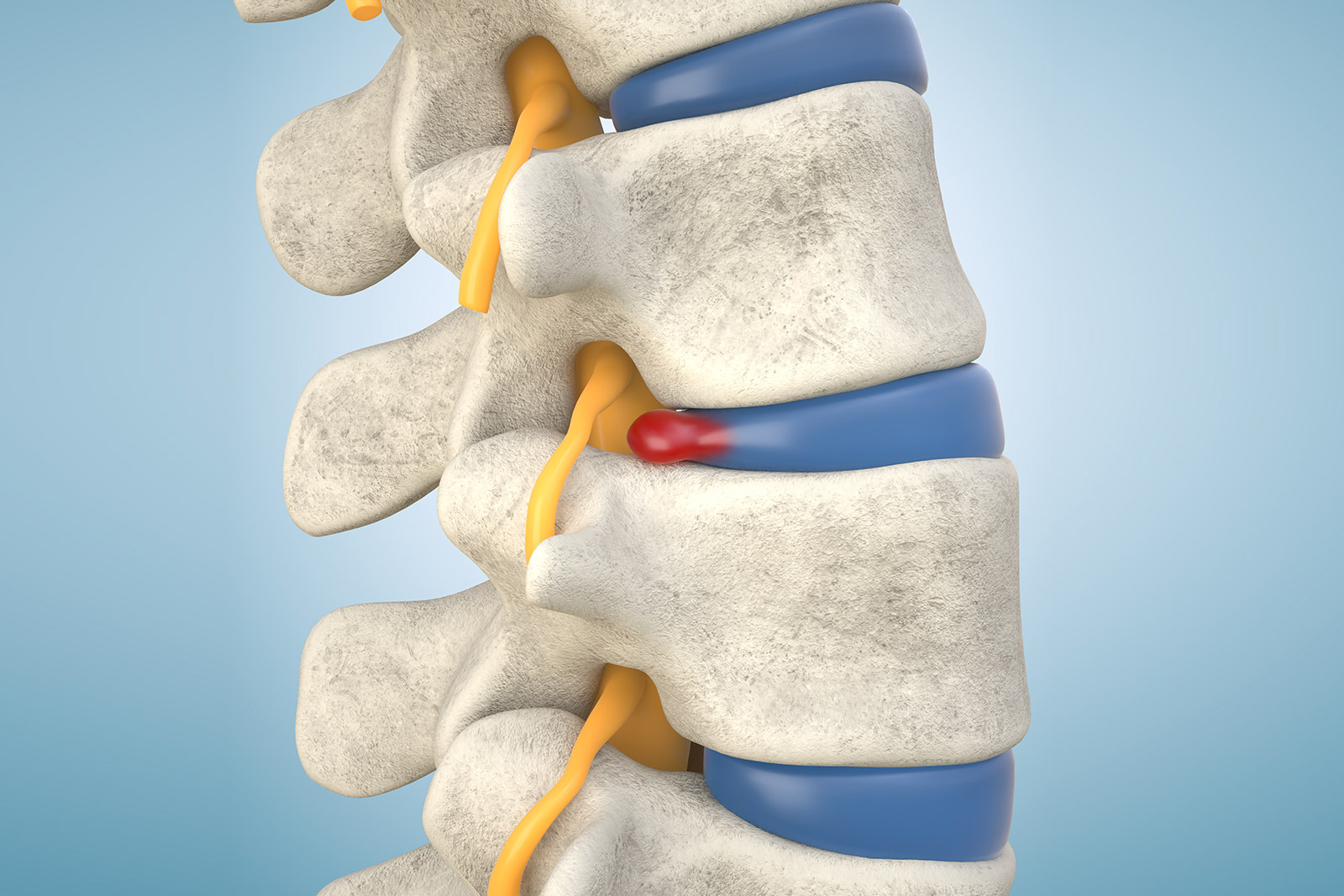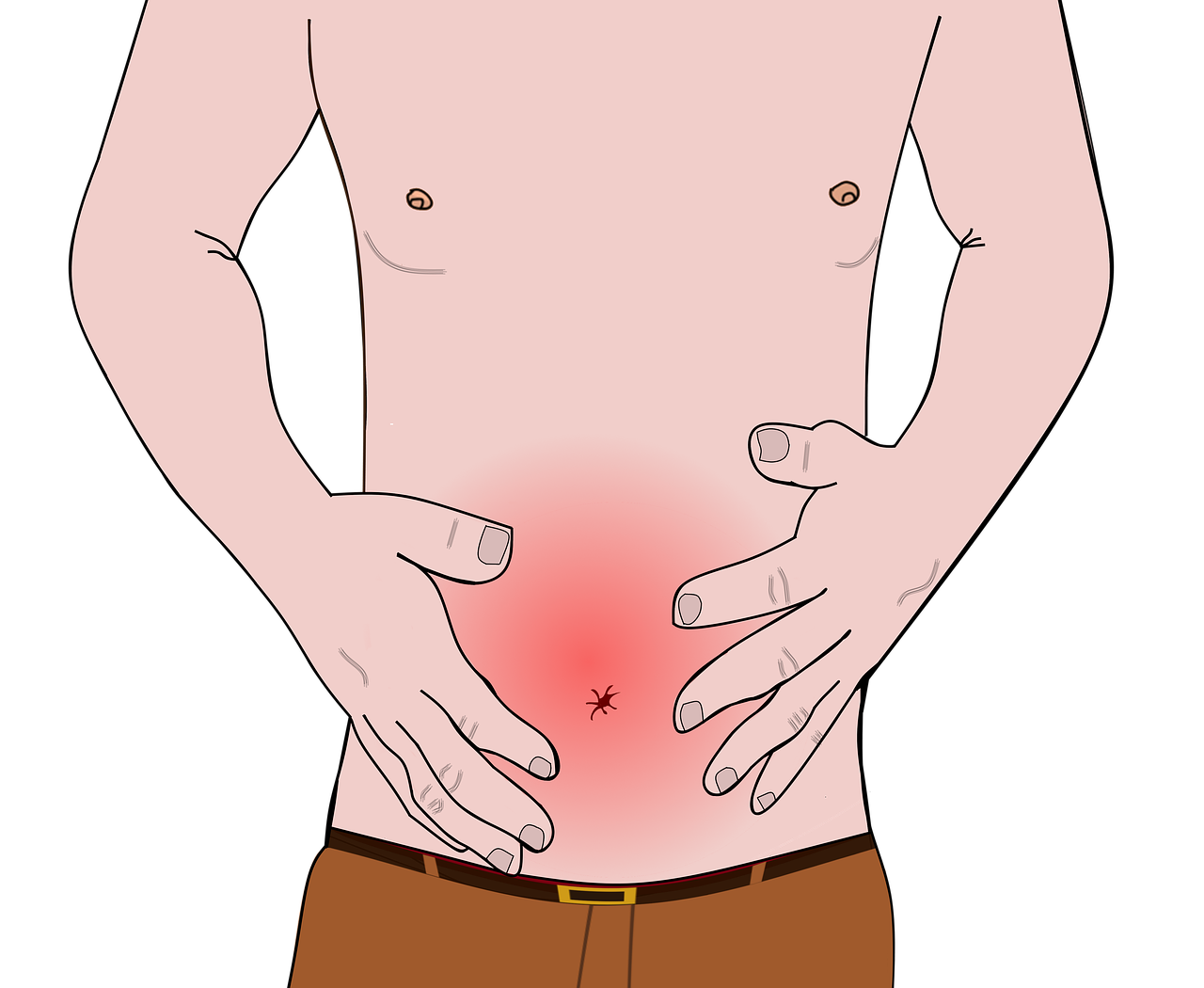Obstructive Sleep Apnea (OSA), or obstructive sleep apnea syndrome, is a widespread sleep disorder among men and women of all ages, particularly difficult to eliminate and known to be associated with negative repercussions for mental and physical well-being and cardiovascular health.
Even when the person directly affected does not realize that he or she is suffering from it, the repeated micro-awakenings associated with snoring prevent good rest and put the cardiovascular system on partial standby, particularly in terms of reduced blood pressure and heart rate. This results in residual fatigue, nervousness, and feeling unwell during the day, as well as an increased risk of developing hypertension and other chronic cardiovascular diseases and going on to acute events such as heart attack and stroke.
Building on the evidence that many people with OSA are overweight or obese and that losing weight alleviates nocturnal respiratory symptoms, losing weight has long been among the recommended strategies to alleviate snoring. This general suggestion has, now, become a specific recommendation of U.S. specialists of theAmerican Thoracic Society (ATS), who have dedicated new clinical practice guidelines to the topic, specifying the type and extent of benefits that can be achieved.
Based on the best available scientific evidence, U.S. experts concluded that for OSA sufferers, slimming down appreciably (taking into account the degree of initial overweight) results in significant benefits both on the snoring and sleep quality front and in terms of improving typical comorbidities associated with the disorder, such as the aforementioned hypertension. Not to mention that reducing excess weight is in itself beneficial in cardiovascular and metabolic terms.
Overall, therefore, patients with OSA who manage to lose weight see an improvement in their overall health and quality of life. ATS specialists point out that to achieve this result it is not necessary to follow a specific program: what matters is to eliminate excess weight. To do so, each person can choose the strategy he or she prefers, including the number of pounds to be lost: low-calorie diet and increased exercise, alone or combined; pharmacological supports or bariatric surgery, in cases of severe obesity where these interventions are indicated.
Of course, even with a view to achieving a stable result over time, whether or not drugs or obesity surgery are used, the ideal way to lose weight effectively and safely is to define with the help of the physician and nutritionist an integrated program aimed at a comprehensive lifestyle overhaul. That is, to identify a personalized mix based on healthy diet with balanced caloric intake, regular physical activity, and increased propensity for movement in daily life.
Sure, it would be easier to take a tablet than to change ingrained lifestyle habits, but the health and wellness benefits provided by this approach go far beyond reducing snoring. And those who sleep nearby will also be grateful.
Source
Hudgel DW et al. The Role of Weight Management in the Treatment of Adult Obstructive
Sleep Apnea. An Official American Thoracic Society Clinical Practice Guideline. Am J Respir Crit Care Med 2018;198(6):e70-e87 (https://www.atsjournals.org/doi/abs/10.1164/rccm.201807-1326ST)




































































































